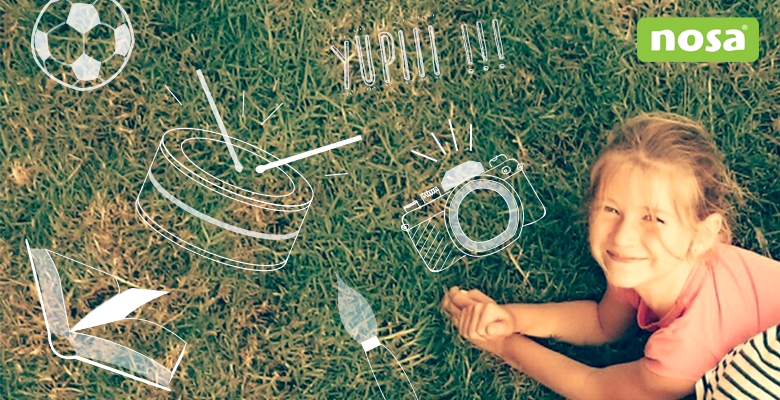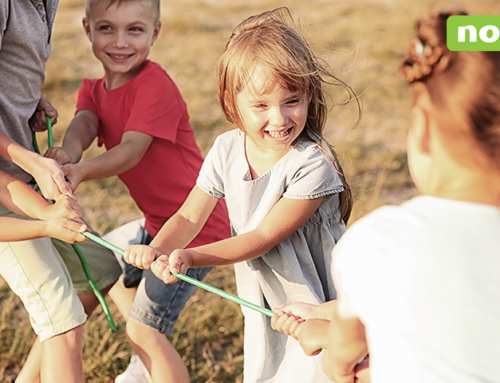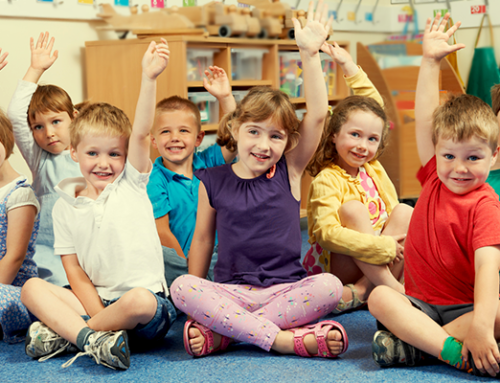With the arrival of September, the end of summer and the return to school, many parents are asking themselves the following questions what would be the most appropriate after-school activity for your children. The options in terms of extracurricular activities for children are many, from theatre, painting, English and other languages, learning to play an instrument, skating, karate and other martial arts, ballet...
In addition, many people nowadays schools that make it easier to choose an extracurricular activity offering their own programmes of activities to be carried out after classes and in the same facilities to avoid the need for children to travel.
The benefits of after-school activities for children
When considering the possibility of your child joining an extracurricular programme, it is a good idea to ask yourself a number of questions whether he/she is really ready for the activity in question, whether he/she is interested in it, and The child can have it, or if it is to keep the child entertained at the end of the class.
Another important aspect is the possibility for him/her to relate better to other children. Especially in the case of children without siblings, the interaction with classmates outside school hours, and the possibility for them to expand their circle of friends, is very beneficial for them.
How to choose the right after-school activity?
The following tips will help you decide on extracurricular activities for children, easily 😉
- It is important to your child's opinion. Although it may seem that it is still too small to have an opinion, there will be activities in which you are most interestedand this will be a plus in their motivation. Although we can encourage the practice of some activity, imposing the tastes of adults can cause the child to not integrate well.
- A good way to find out if your child will adapt well to after-school activities is that there are the possibility of doing some kind of test. That way we can check if the chosen activity really suits him/her.
- Age is a determining factor in choosing the most suitable activities for him/her.. For example, up to the age of five or six, activities with fewer rules or discipline, such as psychomotor skills, drawing and painting, etc., are usually more appropriate.
- After-school activities should never be a reward or a punishment for the child.. It is a complement to their education and an opportunity for them to learn and interact with other children. But it is not a prize, much less a punishment.
- Often children imitate a sport or hobby that they see in their parents. If this is the case for you, that sport or hobby can be the best after-school activity and don't be afraid of the time after the sport; the shower! :-). Here are some good reasons to use natural products formulated with tea tree oilideal for the little ones in the house.
- The child must be excited about the activity.. If you notice that he/she makes different excuses, it may be best to stop.
- Some parents tend to sign their children up for a lot of activities.. It is common for them to have English one day, music another day, dance another day, and even more than one activity per day. At the effects that this hyperactivity can have on schoolworkIn addition, the child may end up exhausted, especially at the time of back to school. Sometimes we forget that a child is not capable of enduring an exhausting day in the same way as an adult,
- It is also important to bear in mind the economic aspect. In addition to the initial enrolment fee, there is the purchase of the material requested by the monitors and teachers of the activity, as well as the monthly fees. For tight budgets, the economic issue can also be a key aspect in the decision to choose extracurricular classes.
Options for extracurricular activities for children according to personality and age
The character of the child will determine the activity chosen.. If he is introverted, a team sport will be a great help. If he is too nervous, an activity that forces him to concentrate, such as chess, may be better. For shy children, drama and ballet will be very useful activities.
As we have seen, age is a very important factor. Therefore, we can classify activities according to age:
- Activities from 4 years of age. As we have already mentioned, at these ages the most appropriate activities are those that do not require as much disciplineThe children will be able to express their feelings, sensations and emotions through drawing, dance -which encourages body expression-, psychomotor skills for the coordination of movements, etc...
- Activities from 5 years of age. Gradually, the child can develop group activitiesThis is the case of some sports such as basketball and football, artistic gymnastics, martial arts... which will also train the child in some important values such as respect for others and self-discipline.
- Activities from the age of 6. The child can adapt to the music, the rhythm and evolve in concentration. In other activities such as painting, as well as concentrating, the child will find serenity and will encourage his or her creativity.
- From 7 years of agean activity such as chess will help the child to gain in memory, self-confidence, concentration and imagination.
- At the age of 8, the child can perform stage activities.as is the case with children's theatre. In this way they will learn to develop skills such as memory, reading and interpretation, coordinating with their body movements.
Can you think of any other fun activities to keep the children entertained after school? We are looking forward to receiving your proposals 🙂







Leave A Comment
You must be logged in to post a comment.